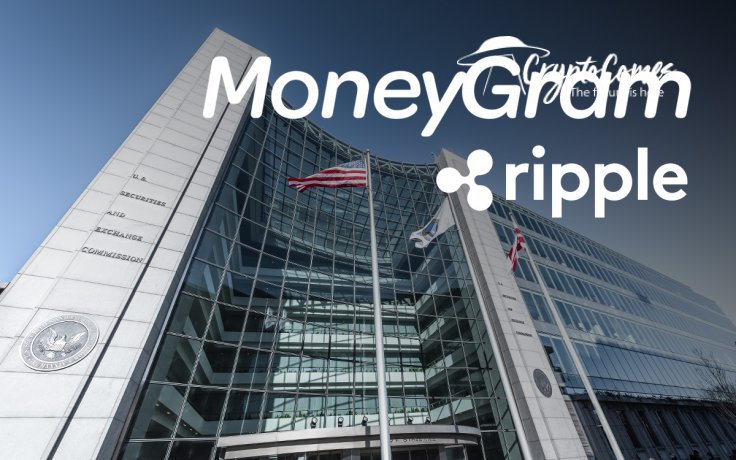Top-tier cross-border payment service Moneygram, a major partner of Ripple, has expressly distanced itself from the presently troubled company. In its recent statement, the payment giant claimed it does not use RippleNet or ODL to move users' funds.
Moneygram is not dependant on Ripple
In an official press release that follows SEC's lawsuit against Ripple and its two key officers (Bradley "Brad" Garlinghouse and Christian "Chris" Larsen), Moneygram emphasized that it is not a party of this dramatic action. Furthermore, Moneygram has not even been informed of Ripple's case.
The platform decided to clarify the actual nature of its interaction with Ripple Inc. According to the statement, Moneygram just used Ripple's blockchain-based ODL platform as a foreign exchange bridge for four currencies. This partnership was inked in June 2019.
However, alongside with Ripple's ODL, Moneygram used another similar service for FX transactions. Thus, Moneygram operations are unaffected by SEC's attack on Ripple:
MoneyGram has continued to utilize its other traditional FX trading counterparties throughout the term of the agreement with Ripple, and is not dependent on the Ripple platform to accomplish its FX trading needs.
No users' funds in any form were transferred by Moneygram via Ripple's corridors, neither in digital nor in fiat form.
Sinking ship
Finally, Moneygram admitted that it is monitoring the situation with Ripple's case closely "for any potential impact" that it may have on the platform's business.
On Dec. 22, the U.S. Securities and Exchanges Commission accused Ripple Inc. and its leaders of illegal securities offerings to U.S. citizens. The offerings were made in the form of XRP while its aggregated volume may surpass $1.3 billion.
Moneygram was Ripple's largest partner. It was paid by Ripple Inc. for liquidity provision to its ODL exchange and money transfer corridor. Banking entities across the globe used it to exchange their assets to XRP and from XRP to fiat currencies.




